Buying or Leasing Land in Ghana
Non-citizens are allowed to buy or lease land in Ghana, but there are specific regulations and procedures they must follow. The Ghanaian land tenure system is a
mix of customary, statutory, and hybrid systems, and it’s important to navigate the process in accordance with the relevant laws. Here’s a general overview of who can buy or lease land in Ghana:
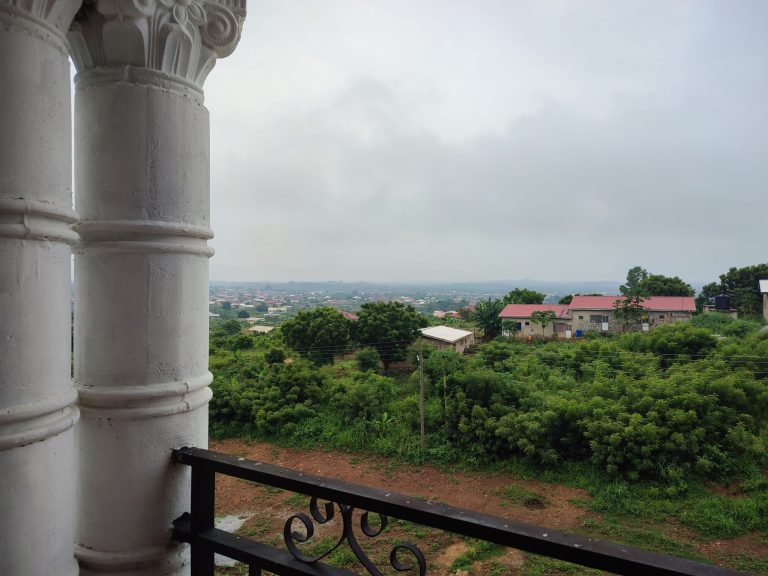
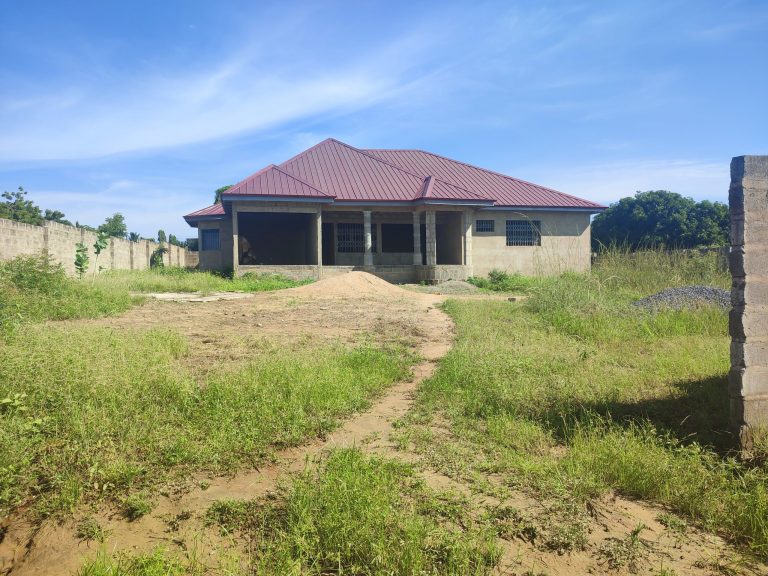
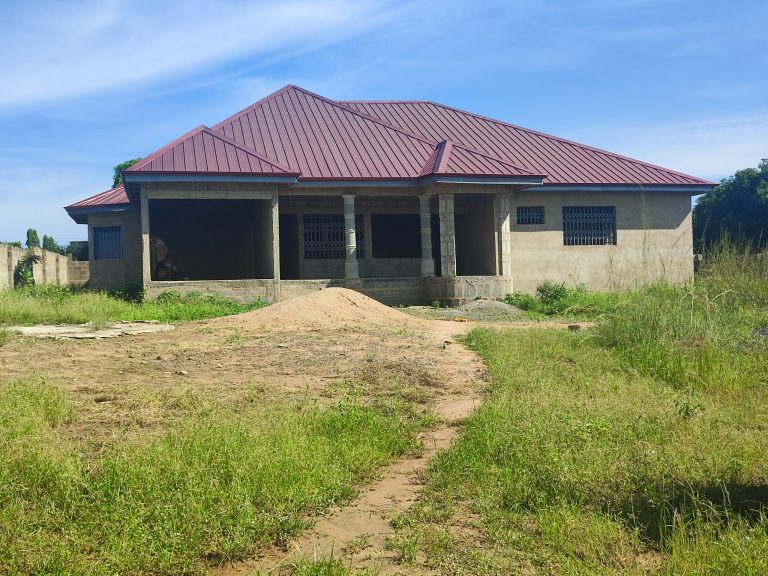
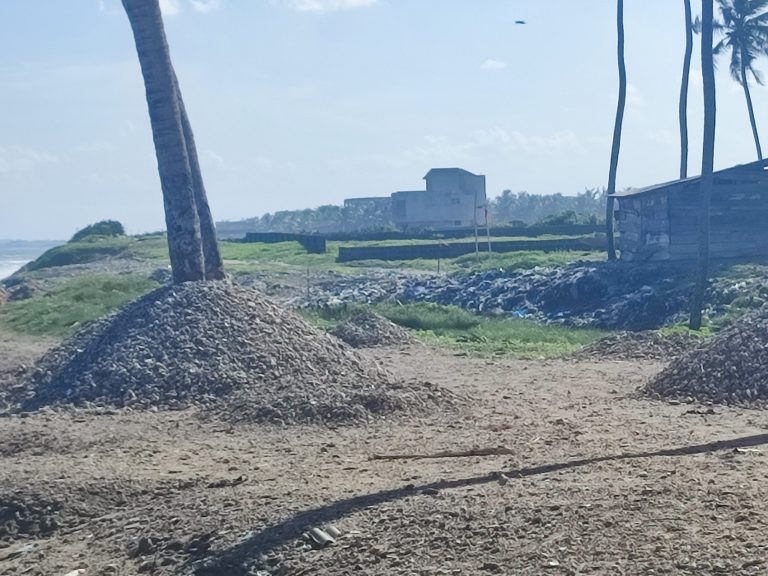
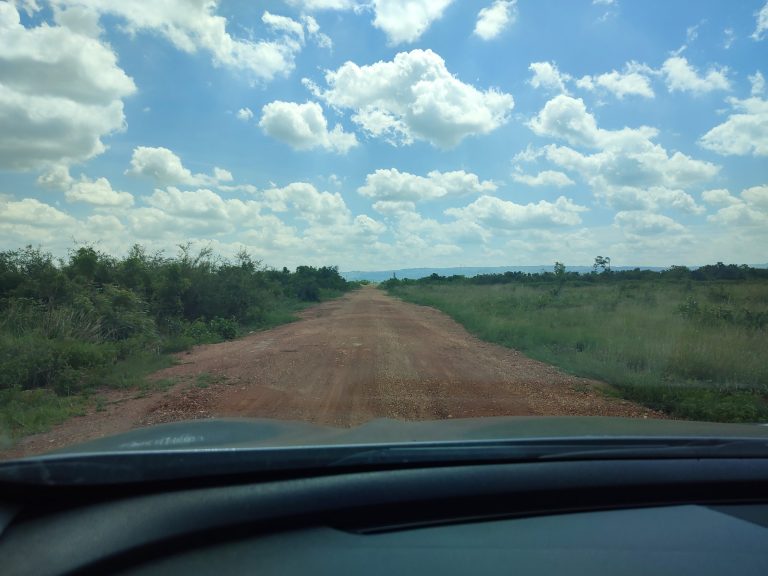
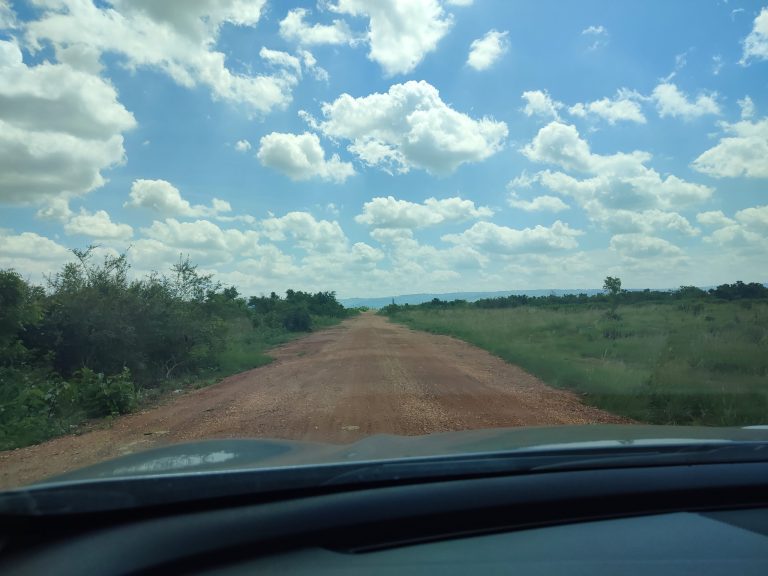
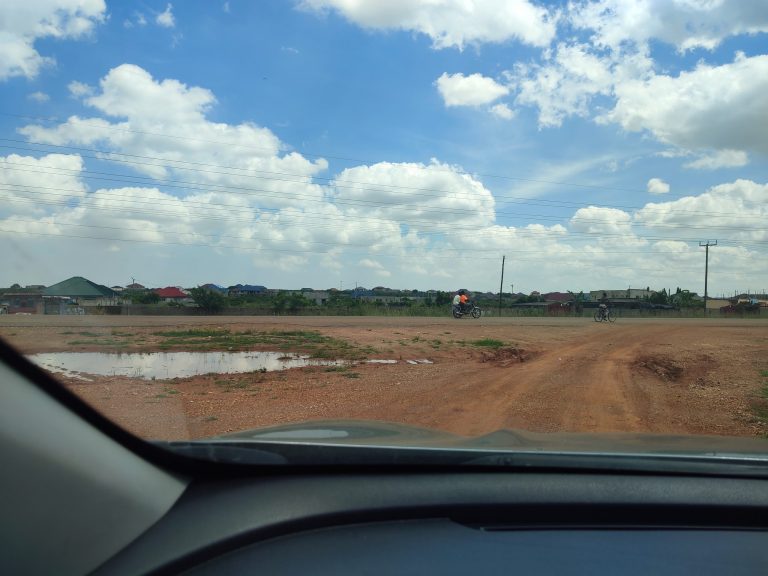
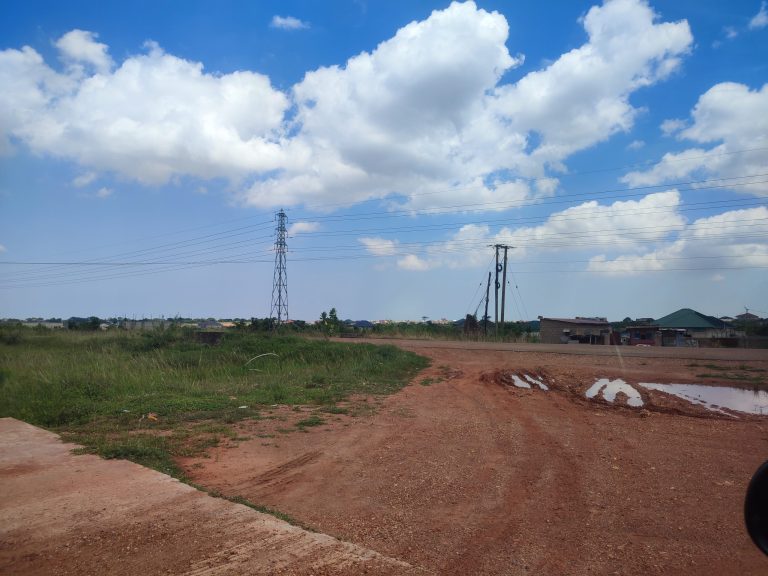
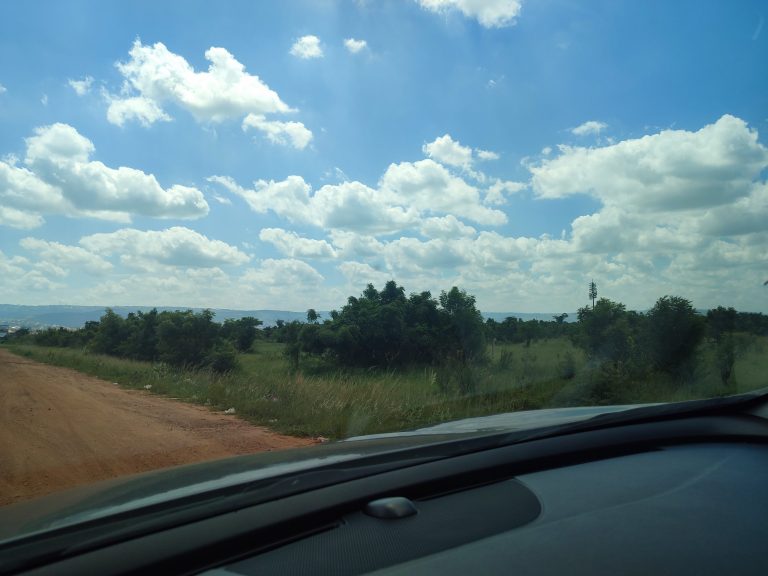
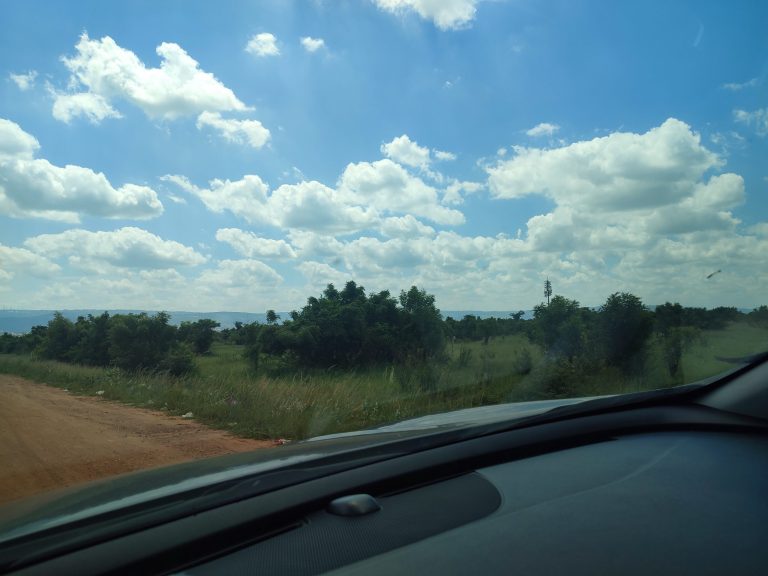
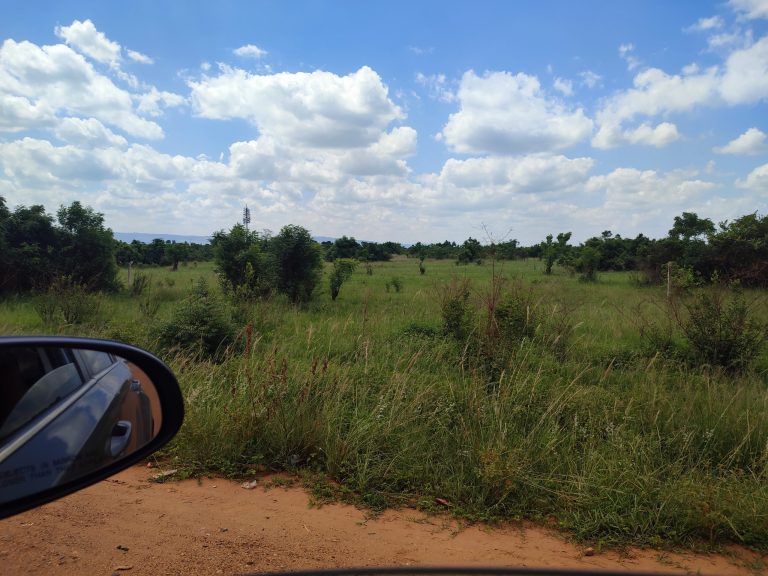
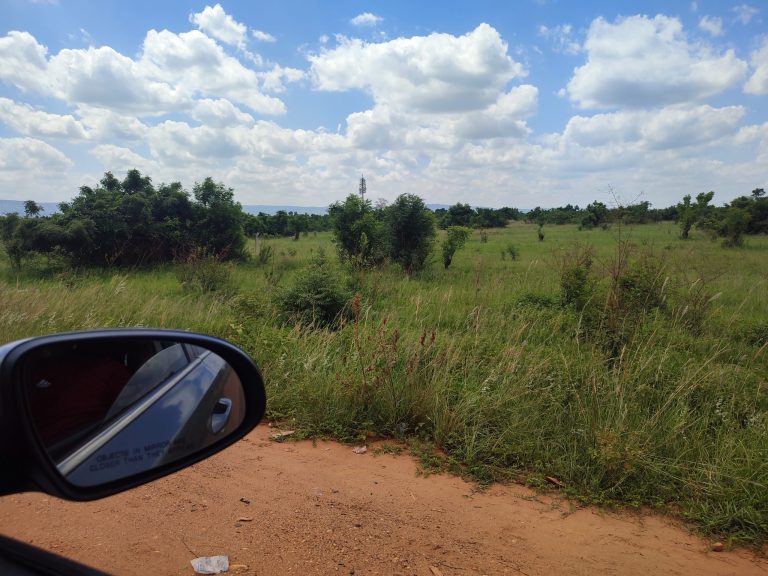
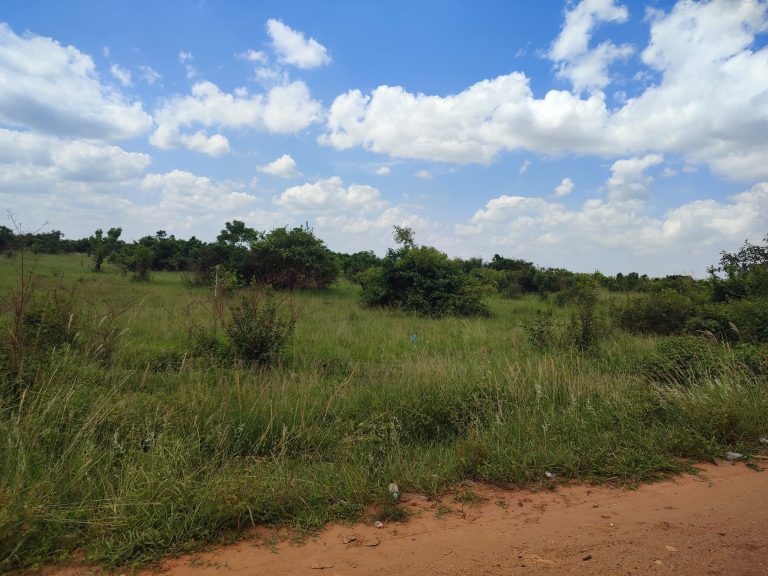
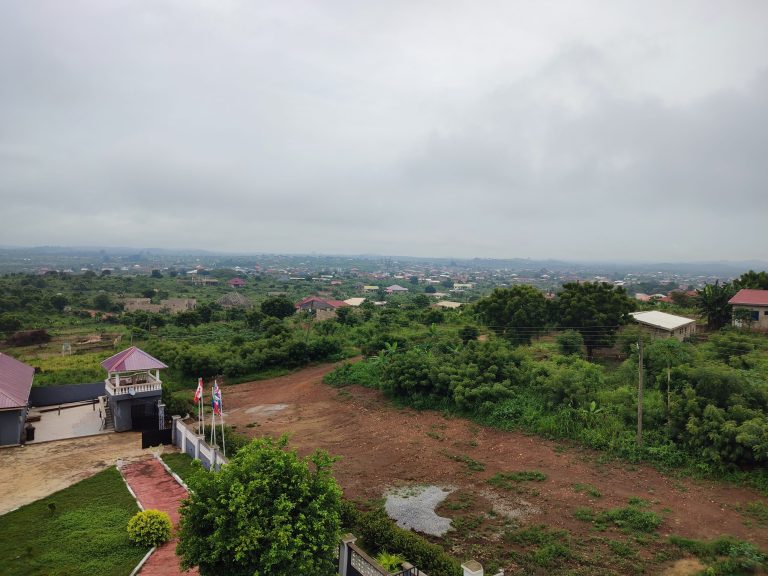
1) Non-Citizen Individuals:
-Non-citizen individuals can purchase or lease land in Ghana, subject to certain restrictions and regulations.
-They are generally prohibited from owning land outright in the areas of land reserved for national security, like near borders or vital installations.
2) Non-Citizen Entities:
-Non-citizen entities, such as businesses or organizations, can also acquire land in Ghana, but there are specific guidelines they must follow.
-Non-citizen entities can lease land for a maximum period of 50 years, which can be renewed.
3) Leasehold vs. Freehold:
-In Ghana, land is often held on a leasehold basis rather than freehold. This means that even if you purchase land, you’re essentially obtaining a lease for a specified period.
4) Land Commission and Documentation:
-All land transactions involving non-citizens must be registered with the Ghana Land Commission. Proper documentation, including land title certificates, must be obtained to validate land ownership or leasehold rights.
5) Registration of Titles and Due Diligence:
-Before buying or leasing land, it’s essential to conduct due diligence to ensure that the land’s ownership is clear and there are no disputes.
-Titles should be properly registered to ensure legal ownership.
6) Local Customary Laws:
-It’s important to work within the framework of local customary laws, especially if the land you’re interested in is subject to customary land tenure.
-Local chiefs and landowners often play a role in land transactions and approvals.
7) Specific Regulations and Restrictions:
-Non-citizens should be aware of specific regulations and potential limitations when it comes to land ownership and transactions. These can vary based on the specific location and type of land.
8) Legal Advice and Assistance:
-Given the complexity of Ghana’s land tenure system and the legal aspects of land transactions, it’s advisable to seek legal advice or work with professionals who are well-versed in Ghanaian land laws.
It’s important to note that land-related regulations and procedures can change over time, and local practices can vary from one region to another. Therefore, it’s recommended to consult official government sources or legal professionals in Ghana for the most accurate and up-to-date information before making any land-related transactions.

